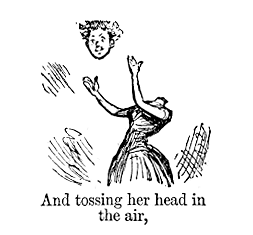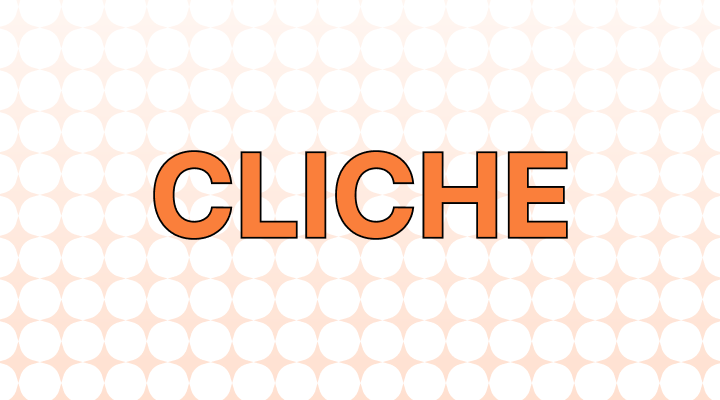Cliche (or cliché) refers to a phrase, expression, idea, or action that has been overused to the point of losing originality or impact. It is often considered as lacking creativity and depth, and can be seen as a stereotype or a trite.
When to use it
Native English speakers use 'cliche' to describe an overused phrase, expression or idea that has lost its originality and impact. It is commonly used in discussions about writing, literature, art, and popular culture. For example, "That speech was full of cliches" or "The movie was pretty predictable and relied heavily on cliches". Additionally, the term can be used in a negative way to criticize something for being unoriginal or lacking creativity.
Example sentences
- The author's writing was filled with clichés, making the story predictable and unoriginal.
- The movie relied on clichés, following the typical romantic comedy formula without any surprises.
- His speech was full of clichés, lacking originality or fresh ideas.
- I'm tired of hearing the same clichés over and over again; we need more creativity in our conversations.
- The painting was beautiful but lacked originality, with cliché imagery and themes.
- The advertising campaign was ineffective because it relied on clichés instead of offering something new and unique.
- I cringed when she used that cliché phrase during her presentation; it felt so overused.
- The love story in the novel was clichéd, with predictable plot twists and stereotypical characters.
- He was known for his clichéd pick-up lines that never impressed anyone.
- The movie parody cleverly subverted clichés by presenting unexpected twists and unconventional characters.
Reference:
cliché
1. a phrase, remark, or opinion that has very often been said or expressed…

Cliché - Wikipedia

Definition of CLICHÉ
a trite phrase or expression; also : the idea expressed by it; a hackneyed theme, characterization, or situation; something (such as a menu item) that has become overly familiar or commonplace… See the full definition
















